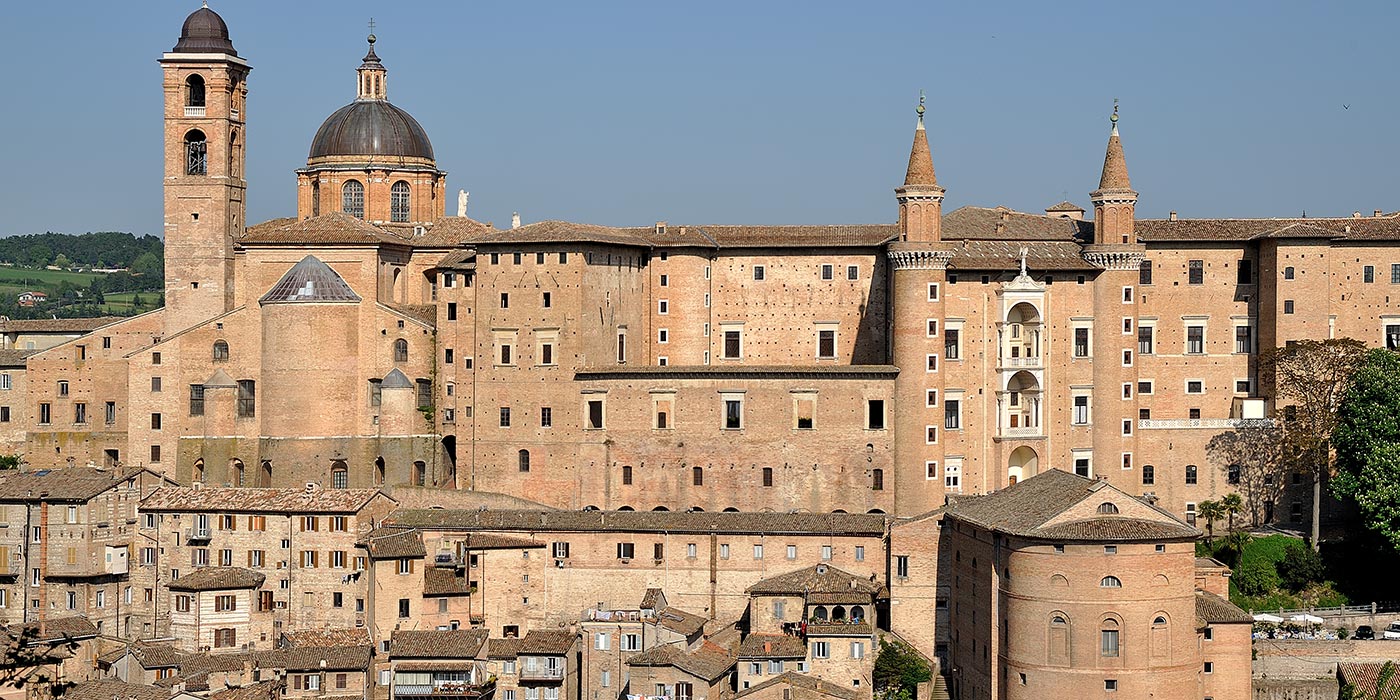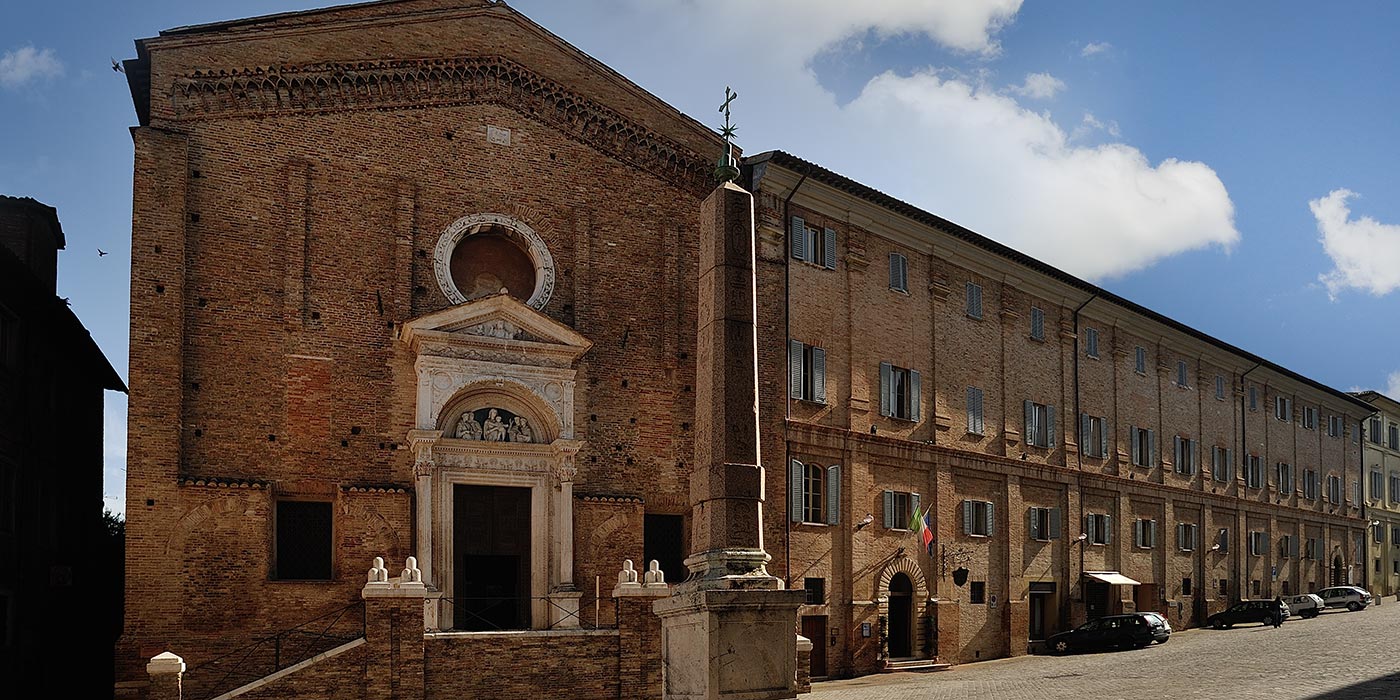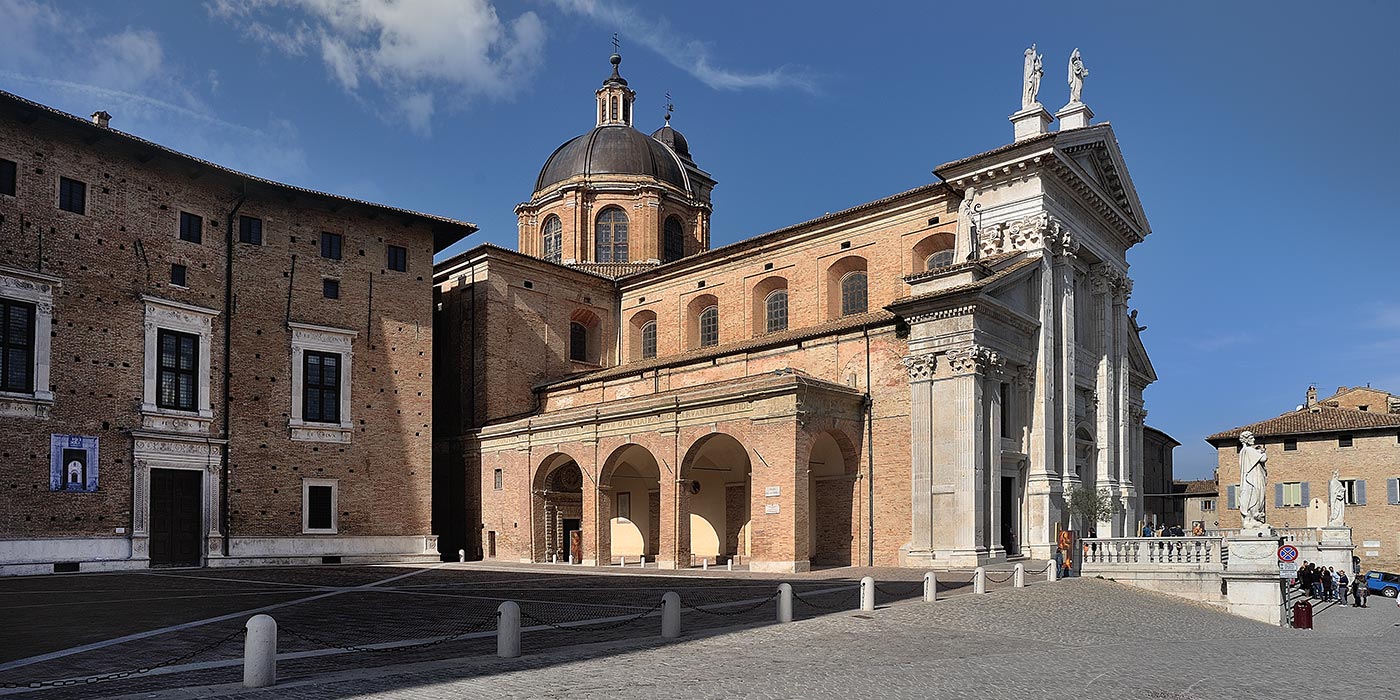









Sometimes, when one speaks about studying in Urbino, one hears of the intriguing definition of the city campus, or rather a city that has been tailor-made for students offering a wide range of services and benefits with state-of-the-art technology and above all with an illustrious past to be proud of.
In order to better understand the importance of the University in Urbino, just think that the number of students exceeds that of local inhabitants.
The University of Studies of Urbino Carlo Bo is among the oldest universities in Europe, considering that the “Collegio dei Dottori” (The Doctors’ College) dates back to 1506 and was founded by Guidobaldo of Montefeltro and which was subsequently recognised by the papal bull.
Immediately after the Second World War, Carlo Bo, a literary critic and former lecturer in Urbino, became its rector and he remained there for 53 uninterrupted years until 2001. Since 2003, in tribute to his memory, the University was named after him due to the fact that during his career there, the most important changes in the university took place.
The 1965 works, assigned to architect Giancarlo De Carlo, brought about the re-structuring of the old university buildings, perfectly blending their style with the buildings in the current historical city centre, accompanied by the construction of new facilities in order to host other faculties.
The construction of the first university college complex started also during the 1960s which was built on the Colle dei Cappuccini (the hill of the Capuchin friars).
The University of Urbino is one of the first universities in Italy to have implemented carpooling policies, or rather the sharing of private cars to offer lifts among students, lecturers and personnel that work in the University; this is a sign that technological progress has been achieved, but also this marks the attention that has been paid to all that can be considered as sustainable development.
In the city it is also easy to find wireless networks, study rooms and bookshops.

 Viale Comandino, 53 - 61029 Urbino
Viale Comandino, 53 - 61029 Urbino